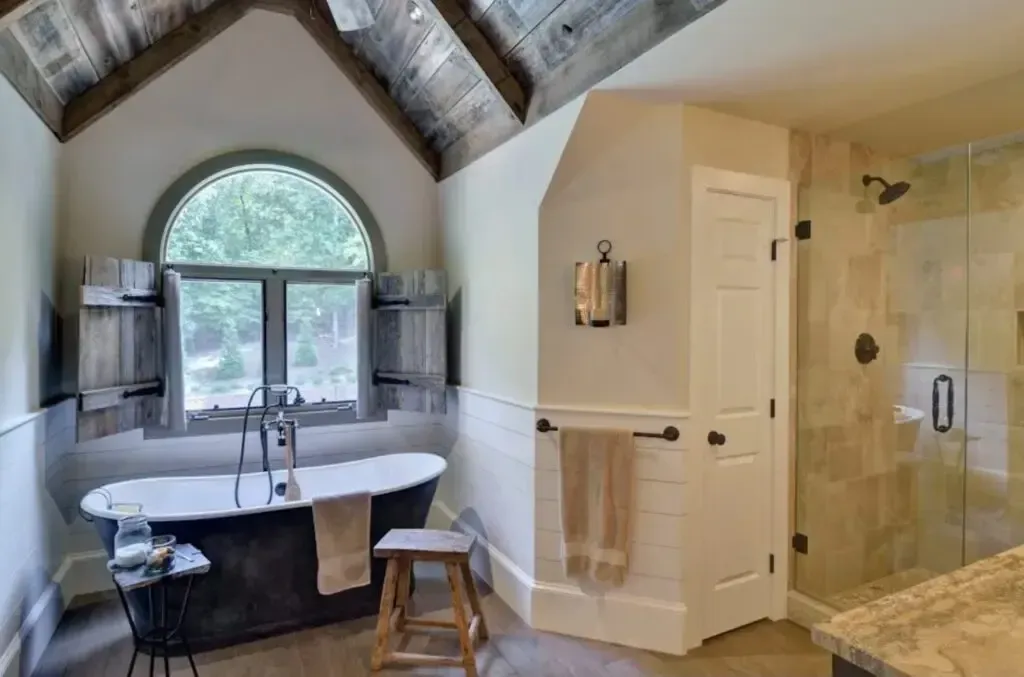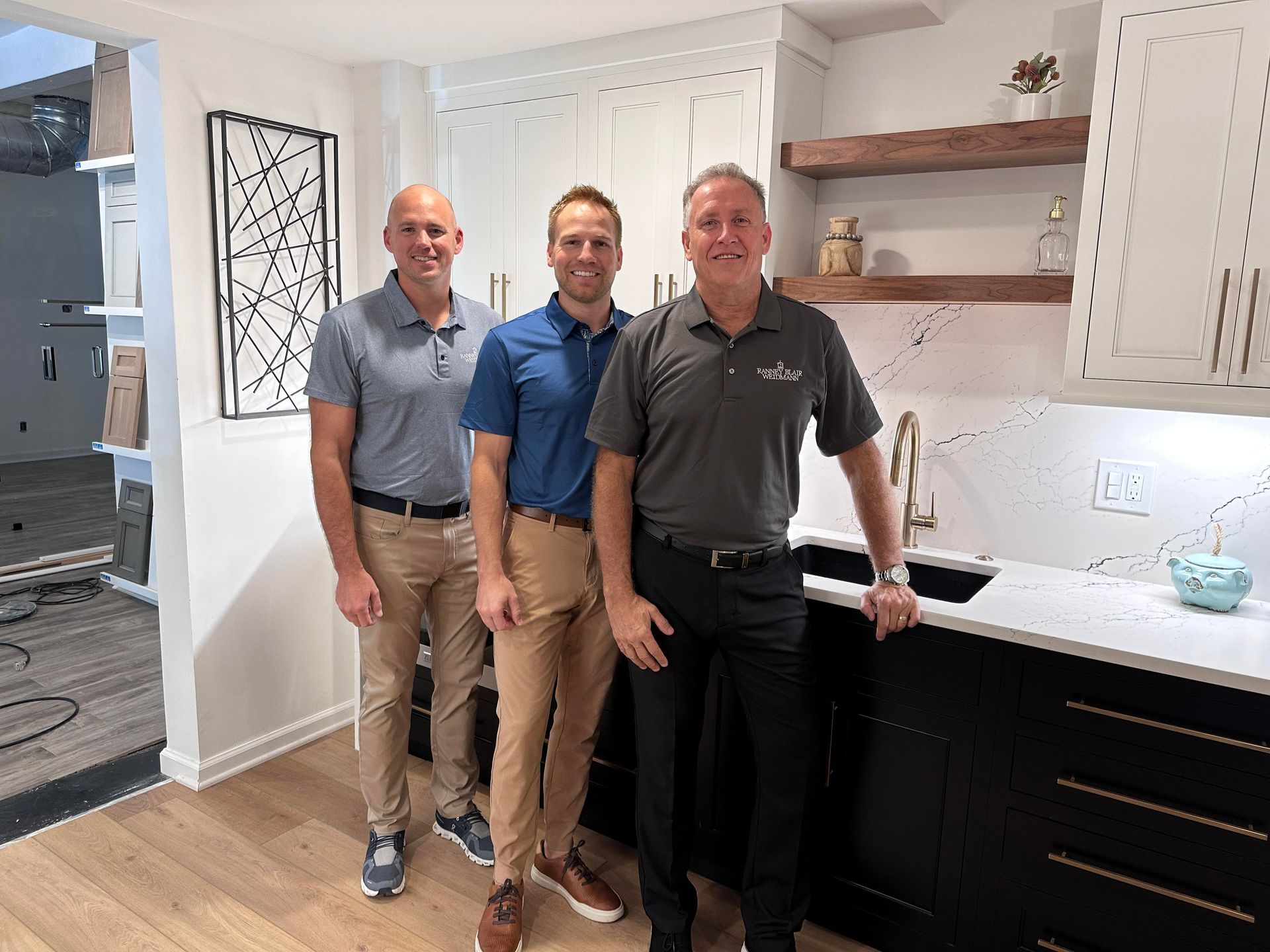Should You Renovate or Relocate?
Should You Renovate or Relocate?
With the proliferation of home fix-it shows on HGTV, the DIY Network, and other channels, there is plenty of inspiration for a remodeling project. On “Love It or List It,” added entertainment value is obtained by using a remodeling project as the deciding factor in whether homeowners will keep their home or sell it. The hosts of the show are a designer to assist in transforming existing home to entice the owners to stay and a real estate agent that is focused on finding a new home that will convince them to move. The homeowners set the objectives and budget for both the remodel and the new home purchase. Generally, the budget for the remodel is based on the difference between the value of the existing home and the budget for the new home.
While the concept of establishing a remodeling budget based on the difference between the current value of a home and the cost to buy one that better suits the owners needs appears sound, it will almost always lead to one conclusion – relocate. The reason is that this approach focuses almost exclusively on the financial return on investment that a remodeling project would provide to the homeowner immediately upon completion of the project. Unfortunately, home improvement projects rarely provide a 100% return on investment and, generally, the bigger the project, the lower the rate of return. So, if a remodeling project does not produce an immediate economic return, why do it? Ultimately, the answer varies from homeowner to homeowner.
Unless forced to sell an existing home due to a job relocation, divorce or other outside factor, the discussion of whether to renovate or relocate is usually prompted by the changing needs of a growing family, aging occupants, creating space for the in-laws, a desire to entertain, a need for a home office or hobby space, a desire for an updated look, a general lack of sufficient living space and/or poor function and flow. Since addressing these issues through remodeling is not likely to return dollar for dollar in the form of increased value to the home, homeowners must weigh the potential loss of equity against the benefits of staying in their current home. The benefits may include staying in a location they love, remaining in a desirable school district, keeping close to family and friends, or retaining a one-of-a-kind piece of property. Whatever the motivation, the final decision generally rests upon the homeowners’ conclusion that they will get enough “return-on-investment” from the added enjoyment and functionality of a newly remodeled home to justify the expense.
The longer a homeowner plans to remain in their residence, the more the cost of a remodeling project can be offset by the enhanced use and enjoyment of the home. This is why large remodeling projects are typically undertaken by homeowners that anticipate retaining their home for 10, 15, 20 years or more. These projects are also geared more towards the specific needs and desires of the homeowner, with less concern about future buyers. The opposite is true for short term homeowners. With limited time to enjoy a completed remodeling project, the improvements tend to focus on modifications the homeowner need to “survive” until they are ready to move or upgrades that they can enjoy, but will allow them to sell the home more quickly and/or entice a buyer to pay more. In essence, the focus of the short-term homeowner returns to the financial return-on-investment of the project.
Regardless of whether a homeowner intends to retain their home long-term or short-term, most people want to understand the financial return-on-investment they will obtain from improvements to their home. For large projects, house shopping is a great place to start. By answering the question of whether there are homes available in the desired location, with the required features, at an appropriate price point, it will establish whether relocating is even an option. If a home owner does not go shopping before they get pricing on their remodeling project, they will probably be pushed in that direction once they receive the numbers.
On any size project, it can be beneficial to talk to a real estate agent familiar with your area. The agent should be able to tell you the approximate price point of homes that meet your requirements, as well as the potential increase in value to your existing home, based on the improvements you are considering. Another resource is Remodeling Magazine’s annual Cost Versus Value report, which predicts the estimated return-on-investment for the most popular home improvement projects (go to https://www.remodeling.hw.net/cost-vs-value/2019/south-atlantic/
.). Finally, any contractor you speak with regarding a remodeling project on your home should be prepared to discuss the pros and cons of remodeling versus relocating.
The decision is not always easy, but if you are trying to decide whether you to renovate or relocate, you should always have a home you love in the end.
President Dan Weidmann, VP Lake Oconee Kris Marshall, and their team at Weidmann & Associates, Inc., provide a complete Design-Build remodeling solution to the Reynolds community as well as to the North Metro Atlanta area. Services extend from initial architectural design, through ARB review, to completion of construction.






